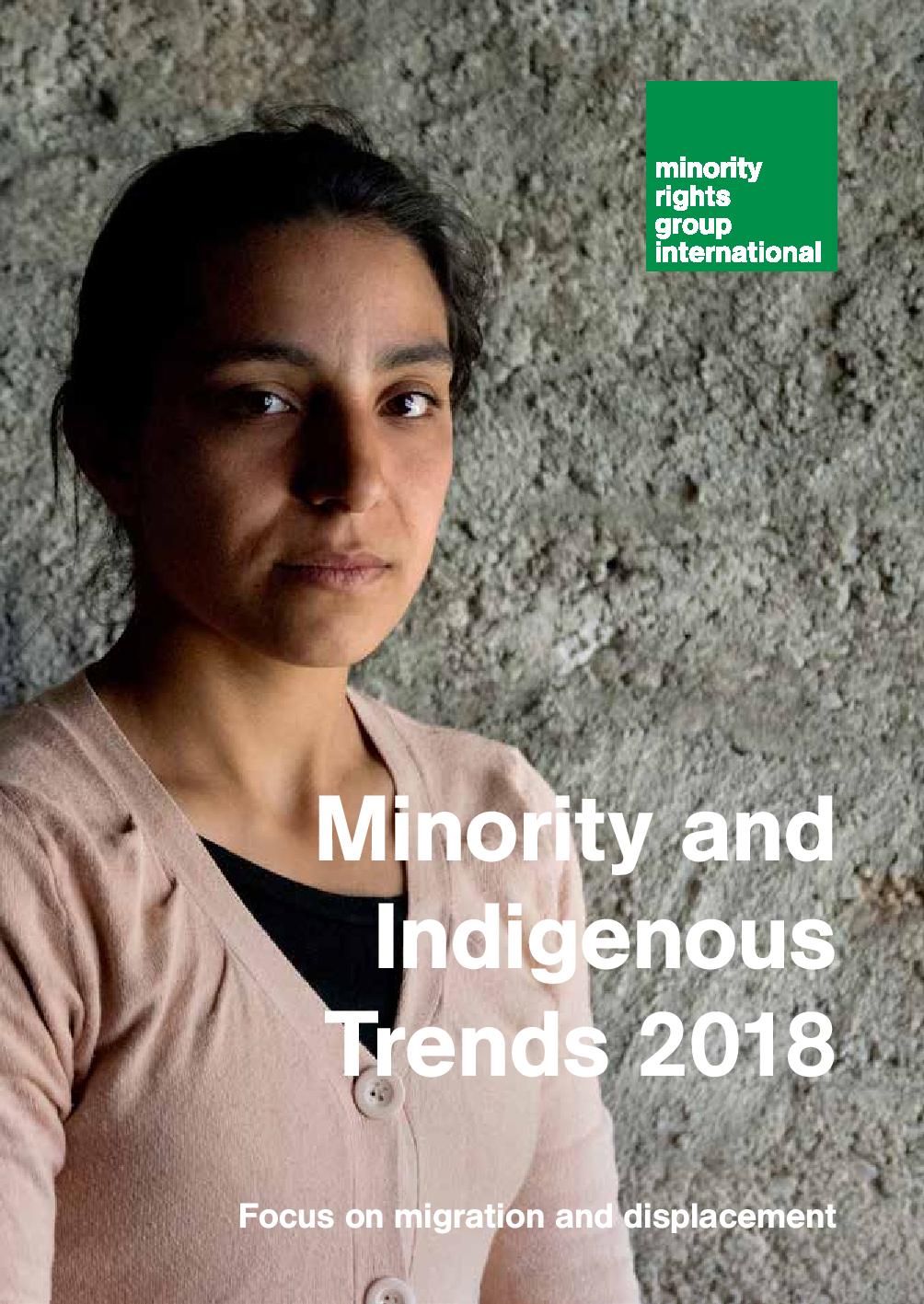
Minority and Indigenous Trends 2018 – Focus on migration and displacement
Conflict, urbanization, climate change, globalization and a host of other factors are contributing to the current era of mass migration and displacement. But while hundreds of millions of people are on the move between different cities, countries and continents, within this larger process there is also a distinct minority and indigenous experience that can shape every step of the journey. Indeed, though the specific role that identity can play is not always recognized, for many communities this may be at the heart of their decision to migrate.
Understanding migration from a minority and indigenous rights perspective provides an important lens to assess the dynamics of different stages of the journey: the exclusion and persecution that can drive the initial decision to migrate, the ways that discrimination can profoundly shape the experiences of migrants in transit and the continued presence of ethnic or religious prejudice even for those fortunate enough to reach their intended destination. But while all too often migration may only replicate the cycle of exclusion, it can also offer the possibility of safety and better opportunities for marginalized communities.
This volume explores some of the key forces shaping minority and indigenous migration across the world today, with regional case studies illustrating the particular challenges faced by different groups. Together they illustrate the importance of a rights-based approach to migration, prioritizing protection and inclusion – including of those belonging to minorities and indigenous peoples – instead of containment or deportation.

